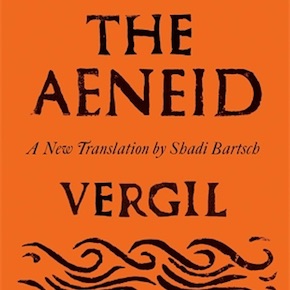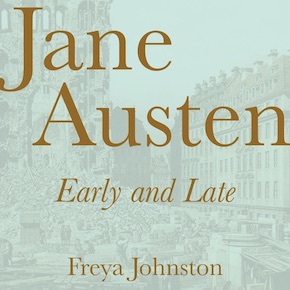
Towards an aesthetics of (im)perfection
There is a certain aura of myth and legend when it comes to Jane Austen. We think we know so much about her, and at the same time we apparently never tire of being thrilled by the mystery that seems to surround her, from her private life to what is quite simply her writerly genius....

A thousand and one tales of a philosophical life
What can Hannah Arendt possibly teach us today? What was, and still is one hopes, her indelible imprint on the world, on our humanity, on what she so unwaveringly upheld as civilisation? And who was she? How did she become that singular multitude of perspectives, human facets, existential and conceptual spaces that can certainly lay...
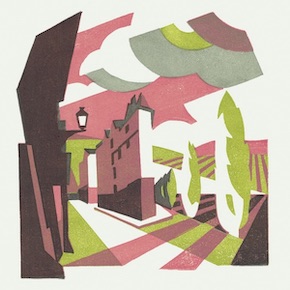
The story of their history
The experience of lost places of belonging, of lost states of existence, together with the tenacity to defy and resist both loss and non-being, are deeply ingrained in the Russian language: thanks to Maxim Gorky, a term such as Бывшие люди, or ‘former people’, would come to acquire an eerily tangible corporeality, reality, and even...
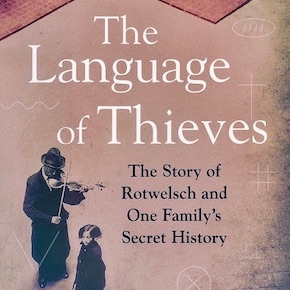
Secrets and lies, red Welshmen and words of vagrant wisdom
“All families develop a special language, words and references no outsider can understand. My family’s special language was Rotwelsch.” Thus begins Martin Puchner’s complex, compelling, if at times ambivalent exploration of a family and a language, or in point of fact of Language (and perhaps Family) capitalised. Of language as an institution, as a structure...
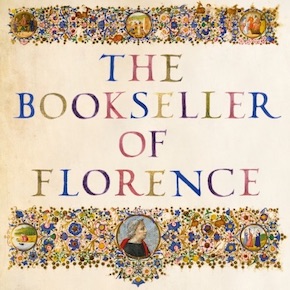
The Italian Plutarch
The Renaissance is so much more than the sum of its parts. Not only because of the tremendous change that it brought, as many have argued, to history, art, knowledge, human experience and science, to the perception and very substance of our world, but especially for the even more momentous continuity which, according to color...
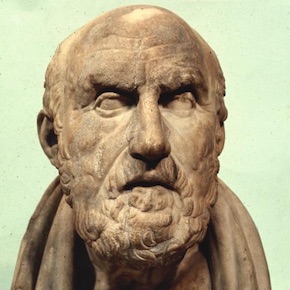
Don’t just think about it – how thoughts can be life’s actions
The ancient Greeks, and the Romans in their wake, loved to think. They were enchanted, startled and astonished by the world around them, not only by its wondrousness, but also by its terrifying vastness, inscrutable perils, its dark mysteriousness and unknowingness. They found a sense of thrill and exaltation in the perusal of magnitude and...
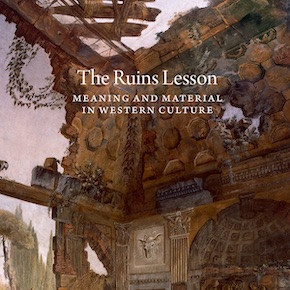
Towards a poetics of wreckage
There is something thrilling about a beautiful book – a book whose aesthetic, material presence, and the evocative momentum of its ideas and the words that embody them, seek to touch a reader’s every nerve, even that insubstantial vital centre we call our soul. Susan Stewart’s The Ruins Lesson: Meaning and Material in Western Culture...

Wise parables and meaningful tales
Specific leitmotifs dominate any attempt to weave together a narrative of the history of Romania and Hungary during the Second World War: the complex, troubled, vital historical background of the Austro-Hungarian and Ottoman empires, and the emergent territorial claims of the Soviet Union; the cultural, ethnic and demographic tessellation of the region; the inalienable plexus...

Who makes history happen?
Imagine a perfect (imperfect), remote and rural, Volkisch German landscape: replete with lush meadows and muddy, green pastures, well-ordered small villages abuzz with their perennial hierarchies of landed gentry, newly rich bourgeois grandees, the teachers and clergy, the pure and echt common Volk of farmers and housewives, the idle, reminiscing elderly, the burgeoning young. A...
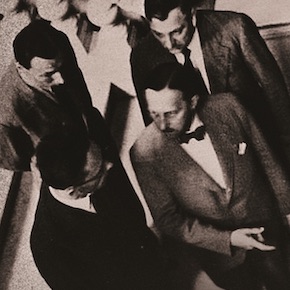
The rhinoceros in the room
In one of the most famous duels of elephantine minds, Bertrand Russell would challenge Ludwig Wittgenstein to concede that there was no rhinoceros in the Cambridge room that served as their legendary battleground (in a different version of the story, Russell claimed that the pachyderm to be located was a hippopotamus). The question, under ongoing...
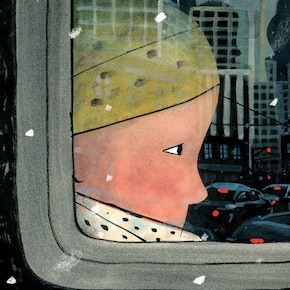
Looking ahead by looking behind
“Where did you go to, if I may ask?” said Thorin to Gandalf as they rode along. “To look ahead,” said he. “And what brought you back in the nick of time?” “Looking behind,” said he. J.R.R. Tolkien, The Hobbit 2020 has been without a doubt, and without exception, an unexpected journey to the...

